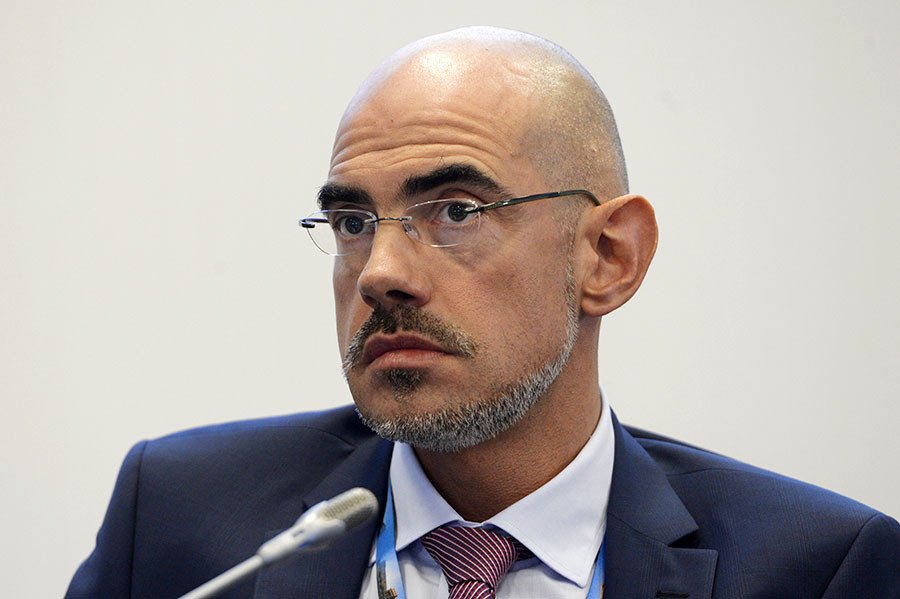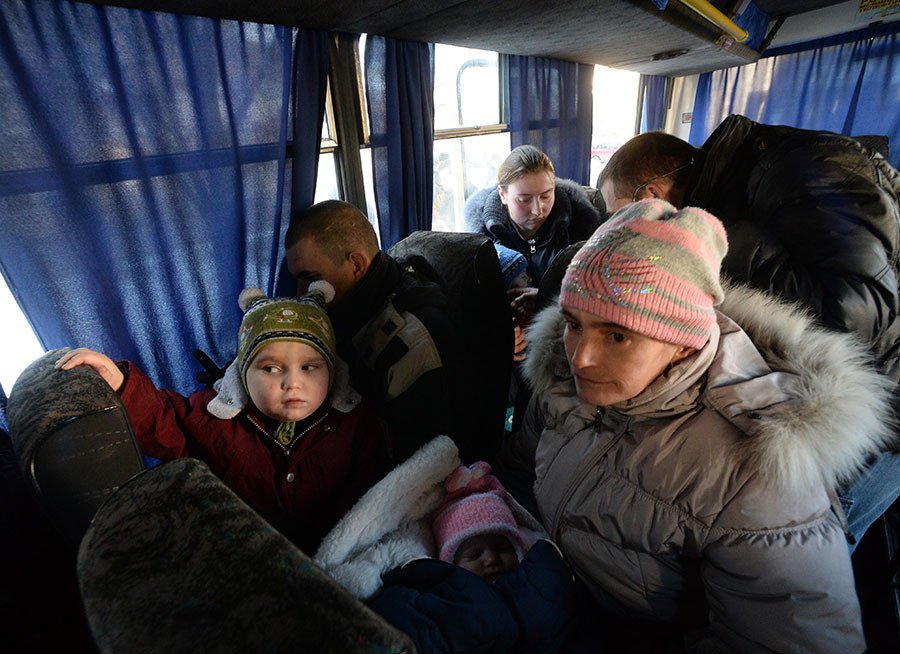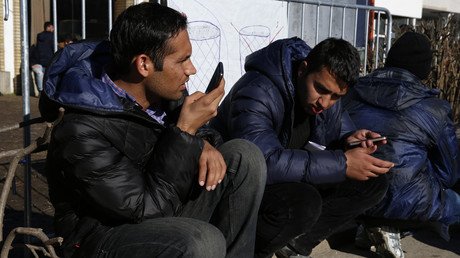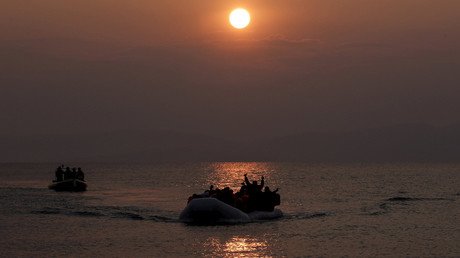‘Desperation’: Top intl. immigration official rips into Turkey-EU refugee deal
Zlatko Zigic, who heads the Moscow Mission of the International Organization for Migration, told RT that Europe is no closer to finding a coherent solution for integrating migrants, and says the Turkey deal agreed last week will be hard to put into practice.
“This is desperation, even if there is no other way. The deal is fraught with difficulties – there are legal issues, there are ethical issues, there will be practical problems with implementing it,” said Zigic.
According to the agreement concluded between Turkey’s Prime Minister Ahmet Davutoglu and the heads of 28 EU states, migrants arriving in Greece are to be deported back to Turkey, where they will be screened for asylum eligibility. For every deportation – with the first carried out this week – one legitimate refugee will be sent to Europe.
“With the one-in one-out system, is it possible to organize blanket returns from Greece to Turkey? And is that the right thing? There will be lots of questions asked by human rights lawyers in Europe. Is Turkey a safe country of return?” said Zigic, pointing out that Turkey is engaged in a conflict with its Kurdish minority, borders the war-torn Syria, and has become a target for terrorist attacks.

An intergovernmental organization endorsed by 160 countries, the IOM has generally been supportive of immigration flows that brought over 1 million people into Europe last year, but the 47-year old official paints a more nuanced picture.
“The problem is that the systems of the receiving countries – even the highly efficient ones like Germany and Austria – were not built for these numbers. The entire approach – to accept very large numbers of refugees and migrants with an open-door policy - is a miscalculation.”
Zigic, who has worked for IOM for over two decades, is critical of the moral grandstanding of European leaders, saying that glossing over the identities and motivations of the newcomers is ultimately counter-productive.
“Regular migration is good, but at the same time those that are illegal and irregular have to be dealt with, and at the moment there is no mechanism to expel illegal migrants,” he said from his Moscow office. “There are situations in which migrants will come in to a wealthy European country and enjoy the welfare, the benefits, and just wait for their case to be processed. At the end of the processing period of one or two years the person will be advised to leave, but is that an incentive enough?”
But fundamentally, Zigic believes it is Europe’s lack of “unified and consolidated” vision of the role of migrants that will mean the crisis is likely to drag on – with this year’s arrival numbers already outpacing last year’s records.
“The policy of multiculturalism is a great goal and I think we should strive to achieve it. The problem is without the components of an efficient social and labor integration, as in the EU, it doesn’t work. It’s a mess. You will have an army of unemployed people, sitting on social welfare, roaming the streets, as is happening right now. At the level of EU there is no integration policy.”
Zigic, himself born in Croatia, believes the entire EU structure is under threat from the migrant flows, which have pitted countries within the bloc against each other.
“On the one hand you have the Schengen agreement, which is an EU-wide policy, on the other hand admissions are left to national legislations. This is a paradox.”

Zigic, who had worked extensively across Central Asia before accepting the Moscow post, believes that the EU should take note of Russia’s migration policy in the wake of the conflict in eastern Ukraine.
“One of the most recent and one of the best examples ever is Russia, which took 1.2 million migrants last two years, and fully integrated them into the society. Russia’s policy is pretty much flawless.”
The official puts this down to a 2012 migration plan, written with input from IOM, which foresaw the possible emergencies that have since become a reality.
“Unlike Europe, which is trying to put out a forest fire, in a reactive way, Russia was preparing its migration policy concept, not just for refugees but also for labor migrants from Central Asia,” noting that Russian officials have to regulate a visa-free zone that stretches across multiple states of the former Soviet Union, without the option of barring entry.
Zigic has been incensed that these successes have been underplayed, while Moscow has simultaneously been accused of making the refugee problem worse, through its recently-completed intervention in the Syrian conflict.
“The [NATO and Middle East] alliance is accusing Russia of using refugees as a weapon – that is all politicking! There should be no politicizing of this problem, because as we talk, people are dying.”














